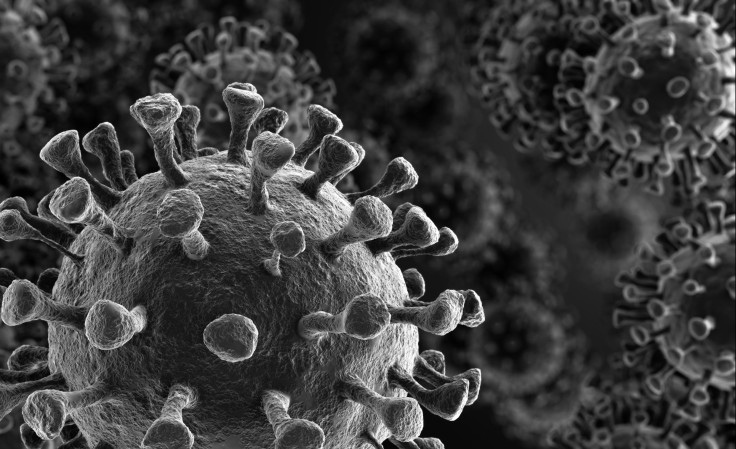The World Health Organization (WHO) has shared concern over the recent surge in the number of coronavirus cases in Africa and voiced their alarm that the increase could be a "precursor" for a high number of outbreaks across the entire continent.
On July 20, during a virtual news conference, the WHO chief Tedros Adhanom Ghebreyesus reflected upon how the "world’s poorest and most vulnerable people are especially at risk" during the coronavirus epidemic.
"Indigenous peoples often have a high burden of poverty, unemployment, malnutrition and both communicable and non-communicable diseases, making them more vulnerable to coronavirus and its severe outcomes," the WHO chief said, adding, "WHO is deeply concerned about the impact of the virus on indigenous peoples in the Americas, which remains the current epicentre of the pandemic."
According to Tedros, "so-called lockdown measures" may reduce transmission but to have a significant drop “contact tracing is essential for finding and isolating cases".
WHO's emergencies chief Michael Ryan also expressed that he is "very concerned" about "an acceleration of disease” in Africa, which till recently had been counted amongst continents that have the least affected by the pandemic. But the situation has started worsening, especially in South Africa, where more than 13,350 cases were recorded on July 18, marking the fourth-largest tally of cases in a single day. With the number of cases crossing 350,000, South Africa is now the hardest-hit by the pandemic in Africa.
"I am very concerned right now that we are beginning to see an acceleration of disease in Africa," said Ryan.
"While South Africa is experiencing a very, very severe event, I think it is really a marker of what the continent could face if urgent action is not taken to provide further support," he added. "South Africa may, unfortunately, be a precursor, it may be a warning for what will happen in the rest of Africa."
As per the observations of WHO, the pandemic first struck the wealthier areas of South Africa and has now moved on to the poor and rural areas.
"I think what we are starting to see is a continued acceleration of transmission in a number of countries," Ryan said. "This isn't just a wake-up call for South Africa... We need to take what is happening in Africa very, very seriously."

© 2025 Latin Times. All rights reserved. Do not reproduce without permission.



